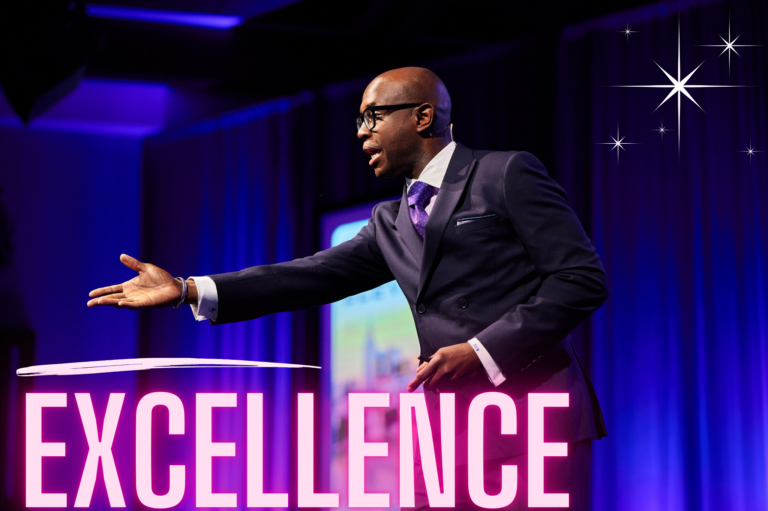
Thank You, Hospitality
Thank you, Hospitality. My life changed when I met you. Everything came alive. Even as a 15-year old busboy, I knew that nothing would ever
Share this post:
Webster’s Dictionary defines service as “work done for others”. Yet, it is interesting to find so many businesses in the hospitality industry doing the exact opposite. Many incorrectly believe that service is about the great product or idea that everyone must want. I mean, why wouldn’t a customer want to have an in-depth conversation at 6AM in a taxicab? Why wouldn’t the non-Turkish customer want to listen to loud Turkish music during a shuttle ride? Why wouldn’t the guest want to have their newspaper ironed? All of the previous questions, although asked in a sarcastic manner, are true events of what some in the hospitality industry deem as “service”. As this article’s title states, service is not about what you want to give; it is about what the customer wants. For any service provider to remain relevant in today’s marketplace, it is critical to not just react to customer expectations, but to actively solicit them as well. According to the Baldrige National Quality Program’s “Criteria for Performance Excellence”, it is important for organizations to establish how they gain “knowledge about…current and future customers and markets, with the aim of offering relevant products and services”. If the customer doesn’t deem it as service, then it is not service. Of course, such a revelation can strike a blow to anyone who prides him/herself on being service minded.
Let’s take “Rick” for example. He is a supremely talented gentleman who took great pride in taking care of his guests. His job was a poolside concierge at a luxury Caribbean resort, where he was responsible for engaging the guests around the pool and offer any additional insight and/or upsell the resort’s amenities. He once told me, “I can’t wait to go to sleep at night so I can wake up in the morning to come to work”. Rick loved his job. Being a poolside concierge, he was out in the sun all day which meant that he was constantly sweaty…understandably so. He felt that his service to a guest was not complete unless he gave them a big hug. His intentions were good, but many of the guests, judging by the grimaced looks on their faces, didn’t want to be hugged by a happy, sweaty guy. After some coaching, he calibrated his service approach to exclude the sweaty hug…thus ensuring a more satisfying service experience.
Just recently, I called for a taxi to pick me up at 6AM to take me to the airport. Now, anyone who knows me can testify that the hardest part of my day is getting out of bed in the morning. Suffice it to say, I am not really a “morning person”. So I got into this cab half asleep, and within a few seconds, the cab driver starts peppering me with questions about where I’m from, where I’m going, and if I enjoy traveling. After about five minutes, I politely leaned forward and explained to the cab driver that I’m usually much more responsive, but I really didn’t get much sleep the night before. One would think that the driver would get the picture. After about one minute, he starts peppering me with questions again! This continued for a few more minutes, until I finally, and politely, told him that I’d rather not have a conversation since I’m not fully awake. He got the message, and altered his approach to be accommodating rather than forceful.
I understood his frame of thinking; the driver is supposed to make conversation with the customer… after all, that’s what he was trained to do. I’m sure that he was also taught that engaging in a conversation would certainly lead to a bigger tip. The intent was good, but the purpose was missing. Service is not about what you want to give…In that moment, during the cab ride, ultimate service would have looked something like this…
If anything remotely close to what I just described actually happened, my tip to the driver may have increased substantially. My emotional engagement would have grown…not only to the company, but to that driver as well. It is also important to note that virtually nothing on the bulleted list should cost the driver any extra money. The rewards in terms of repeat business and word of mouth advertising would have been priceless.
While it is more natural for some people to have deference to the customer, just beginning with the premise of “service is about what the customer wants”, will be a great starting point for success.

Thank you, Hospitality. My life changed when I met you. Everything came alive. Even as a 15-year old busboy, I knew that nothing would ever

I have a confession to make. I LOVE bone broth. Specifically, home-made, organic bone broth. Besides it being very delicious, it’s REALLY good for you. It’s